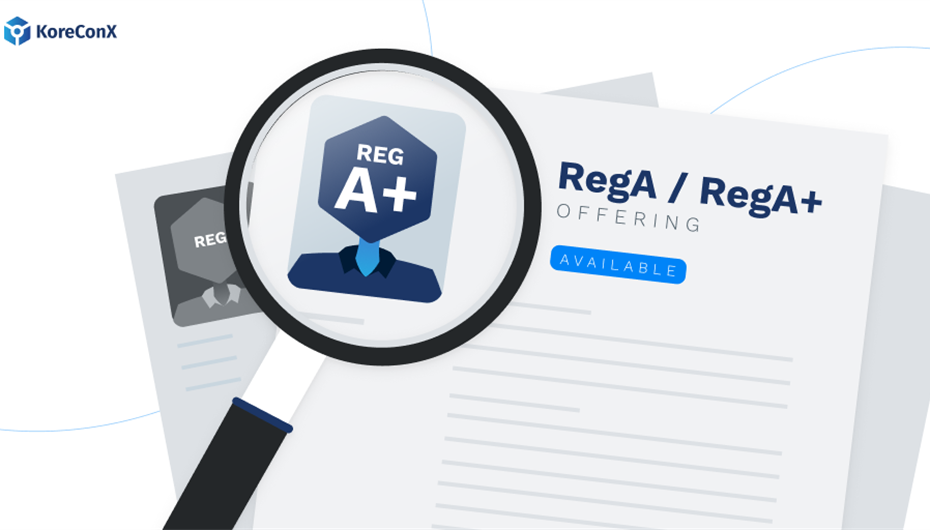If you are an entrepreneur looking to raise funds, you may have heard of Regulation A+, often referred to simply as Reg A+. This alternative to traditional venture capital, private equity, or other funding sources allows companies to sell securities to the public without going through the lengthy and costly process of registering with the SEC. Since it was expanded in 2012 with the JOBS Act, Reg A+ continues to evolve, facilitating increased capital formation for companies within the private capital market.
What is Reg A+?
The goal of Reg A+ is to make it easier and less expensive for small businesses to access capital while still providing investors with the protection of an SEC-qualified offering. The offering is exempt from complete SEC registration, allowing companies to raise up to $75 million in capital, with certain restrictions and requirements. To qualify for this exemption, a company must file an offering statement (Form 1-A) with the SEC that includes all pertinent information about the business and the offering. The company must also provide ongoing disclosure about its business, including financial statements and other material information.
Who is Reg A+ for?
Reg A+ is aimed primarily at small and medium-sized businesses looking to raise funds from the public, but larger companies can also use it. Because there are fewer restrictions and requirements than traditional SEC registration, Reg A+ offers a more affordable option for companies that do not have access to venture capital or other significant funding sources. Because Reg A+ is such a robust option for companies looking to raise capital, many companies stay private longer instead of going public through an IPO.
Advantages of Reg A+
Beyond lower costs than going public, Reg A+ offers additional benefits for issuers and investors alike. It is a unique opportunity for investors to get involved with early-stage companies since the offering allows both nonaccredited and accredited investors to invest. At the same time, these investors can benefit from the potential for higher returns and the ability to diversify their portfolios. Investors also benefit from SEC oversight, which aims to protect them and ensure that they are investing in legitimate investment opportunities. Investors may also have options for liquidity, as securities purchased through a Reg A+ offering can be traded on a secondary market.
Reg A+ benefits companies because it offers a relatively simple and cost-effective way to access the public markets while accessing an increased pool of potential investors than a traditional offering. Unlike conventional VC or private equity funding routes, issuers can also retain more ownership over their business while finding investors who share the vision for the mission and direction of the company. Issuers can also benefit enormously from building brand advocates out of their investors, which can, in turn, inspire new investors or customers.
Reg A+ offers an excellent alternative for small businesses looking to raise capital without going through the lengthy and costly process of registering with the SEC. With a maximum offering cap of $75 million, Reg A+ can be used for companies of all sizes and offers investors the opportunity to access early-stage companies that they may not otherwise have access to.
Register for FREE to comment or continue reading this article. Already registered? Login here.
1



